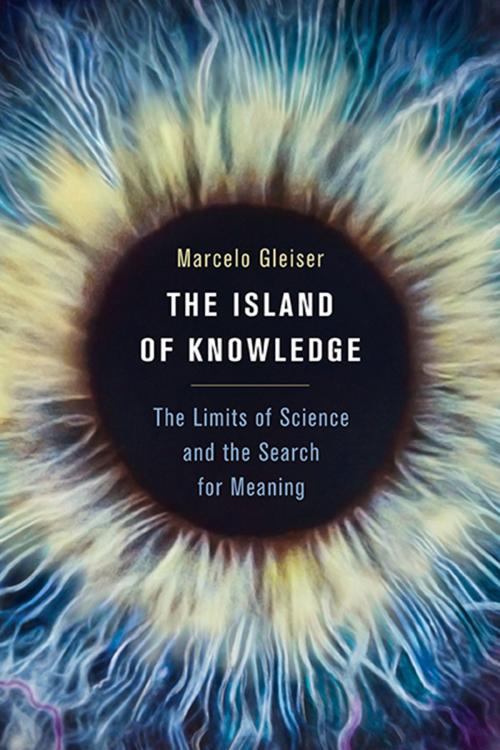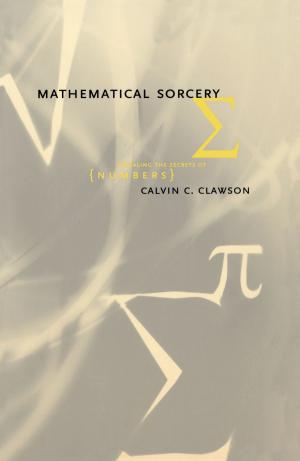The Island of Knowledge
The Limits of Science and the Search for Meaning
Nonfiction, Religion & Spirituality, Philosophy, Epistemology, Science & Nature, Science, Other Sciences, Philosophy & Social Aspects, History| Author: | Marcelo Gleiser | ISBN: | 9780465080731 |
| Publisher: | Basic Books | Publication: | June 3, 2014 |
| Imprint: | Basic Books | Language: | English |
| Author: | Marcelo Gleiser |
| ISBN: | 9780465080731 |
| Publisher: | Basic Books |
| Publication: | June 3, 2014 |
| Imprint: | Basic Books |
| Language: | English |
Why discovering the limits to science may be the most powerful discovery of all
How much can we know about the world? In this book, physicist Marcelo Gleiser traces our search for answers to the most fundamental questions of existence, the origin of the universe, the nature of reality, and the limits of knowledge. In so doing, he reaches a provocative conclusion: science, like religion, is fundamentally limited as a tool for understanding the world. As science and its philosophical interpretations advance, we face the unsettling recognition of how much we don't know. Gleiser shows that by abandoning the dualistic model that divides reality into the known and the unknown, we can embark on a third way based on the acceptance of our limitations. Only then, he argues, will we be truly able to experience freedom; for to be free in an age of science we cannot turn science into a god. Gleiser ultimately offers an uplifting exploration of humanity's longing to conquer the unknown, and of science's power to transform and inspire.
Why discovering the limits to science may be the most powerful discovery of all
How much can we know about the world? In this book, physicist Marcelo Gleiser traces our search for answers to the most fundamental questions of existence, the origin of the universe, the nature of reality, and the limits of knowledge. In so doing, he reaches a provocative conclusion: science, like religion, is fundamentally limited as a tool for understanding the world. As science and its philosophical interpretations advance, we face the unsettling recognition of how much we don't know. Gleiser shows that by abandoning the dualistic model that divides reality into the known and the unknown, we can embark on a third way based on the acceptance of our limitations. Only then, he argues, will we be truly able to experience freedom; for to be free in an age of science we cannot turn science into a god. Gleiser ultimately offers an uplifting exploration of humanity's longing to conquer the unknown, and of science's power to transform and inspire.















